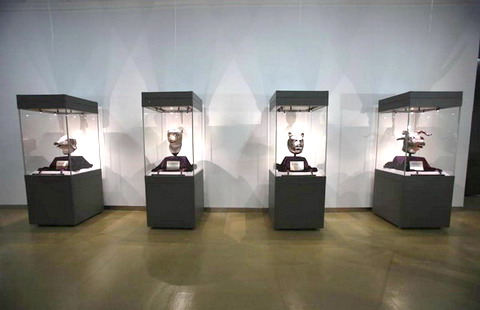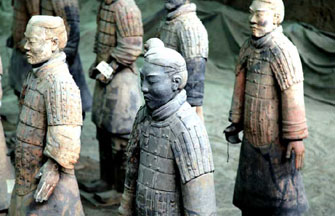In the spotlight
By Raymond Zhou ( China Daily ) Updated: 2015-01-05 07:23:48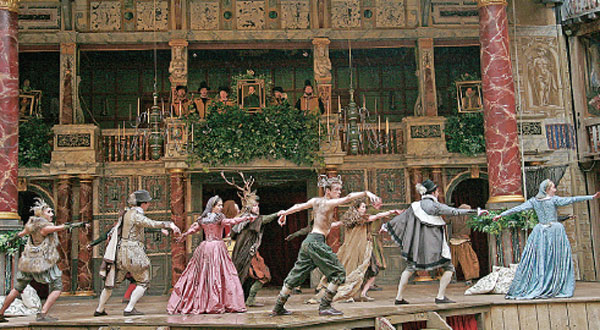 |
|
The Midsummer Night's Dream from Global Theater. [Photo provided to China Daily] |
It is not that Chinese artists haven't experimented with classics or staged non-narrative works. Directors such as Lin Zhaohua and Meng Jinghui thrive on their unconventional approaches. But it's different when foreign directors widely recognized as geniuses brought their works here.
In Chinese minds, respect for the text is sacred and a more or less lucid narrative unfolding on stage is expected. In other words, the "subversive" works from other countries challenged the Chinese aesthetics of both staging and accepting theatrical works.
However, the strict demand by foreign artists is seen as positive on changing the laissez-faire atmosphere of theater attendance in China, illustrated by late arrivals and a hall dotted with lit screens as many in the audience play with personal gadgets midway through the show.
On top of that, some touring programs were palpably misaligned with their Chinese viewership.
For example, Andrew Lloyd Webber's The Sound of Music, while touring China, attracted a predominant clientele of children, so whenever the kids-friendly parts of the musical were absent the hall would be filled with squirms and chatters of the very young who were probably unable to read the title translation.
The ripples of the controversy won't be felt instantly throughout the theater scene. Much of China's commercial theater is far from avant-garde or experimental. If anything, it is geared toward comedy. Because China doesn't have a mature market for musical comedy, standup clubs or sketch comedy, the need for laughter tends to be channeled into live theaters.
|
|
|
|
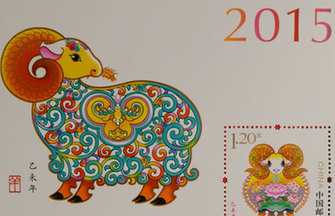
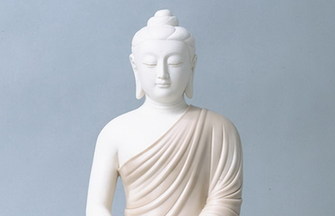
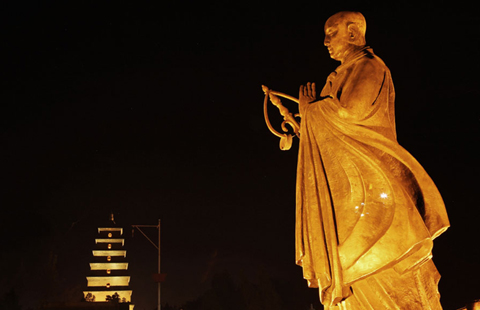
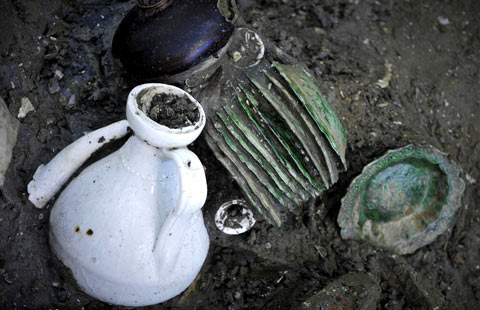
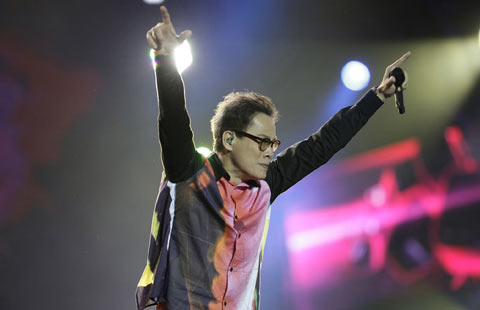
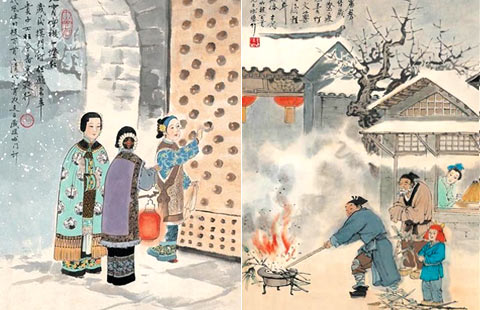
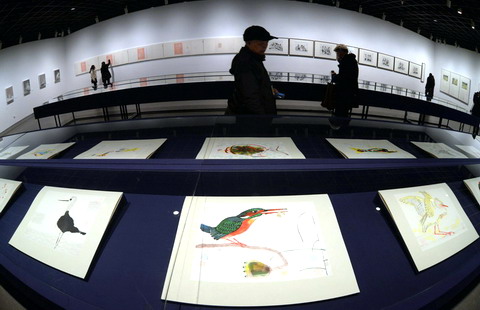

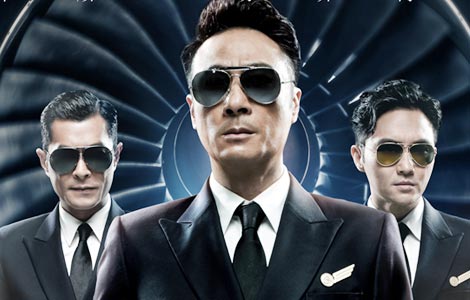
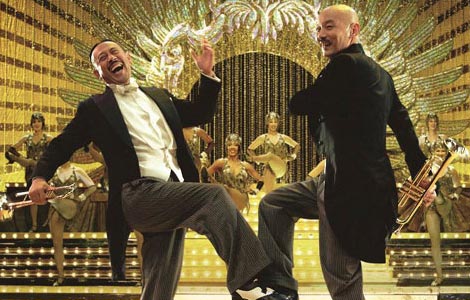

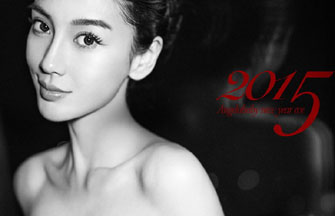






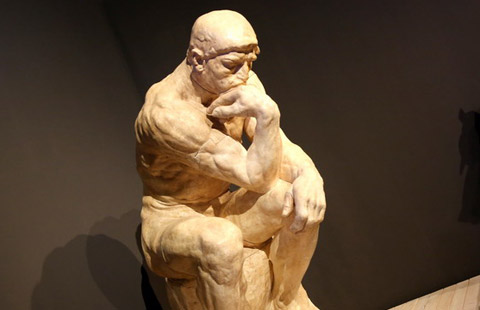
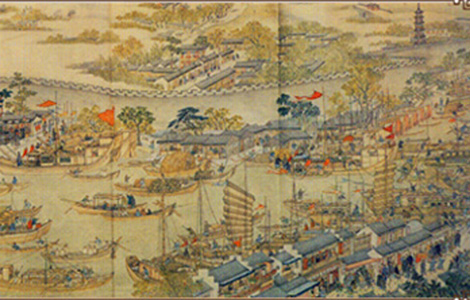



 Raymond Zhou:
Raymond Zhou: Pauline D Loh:
Pauline D Loh: Hot Pot
Hot Pot Eco China
Eco China China Dream
China Dream China Face
China Face
